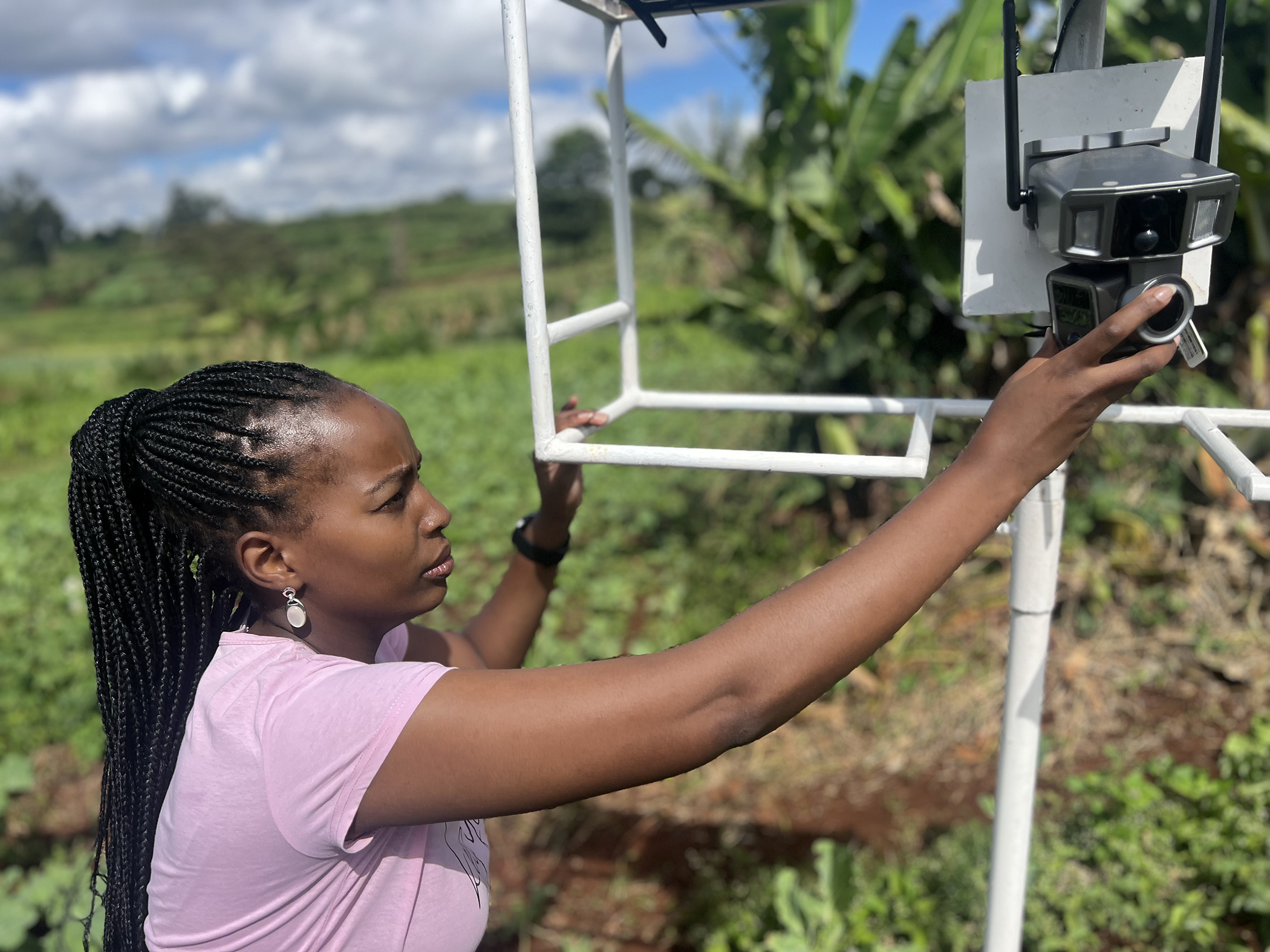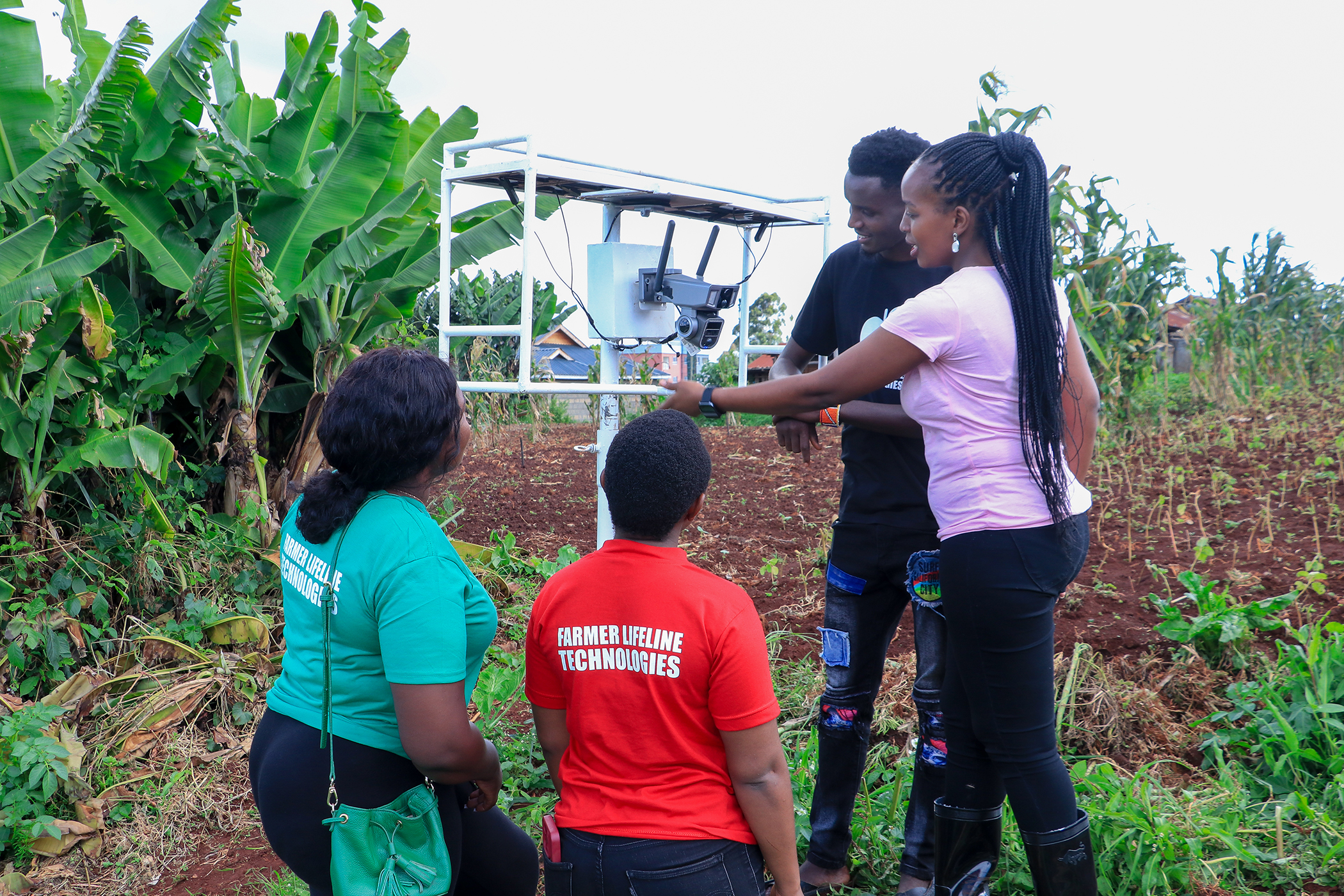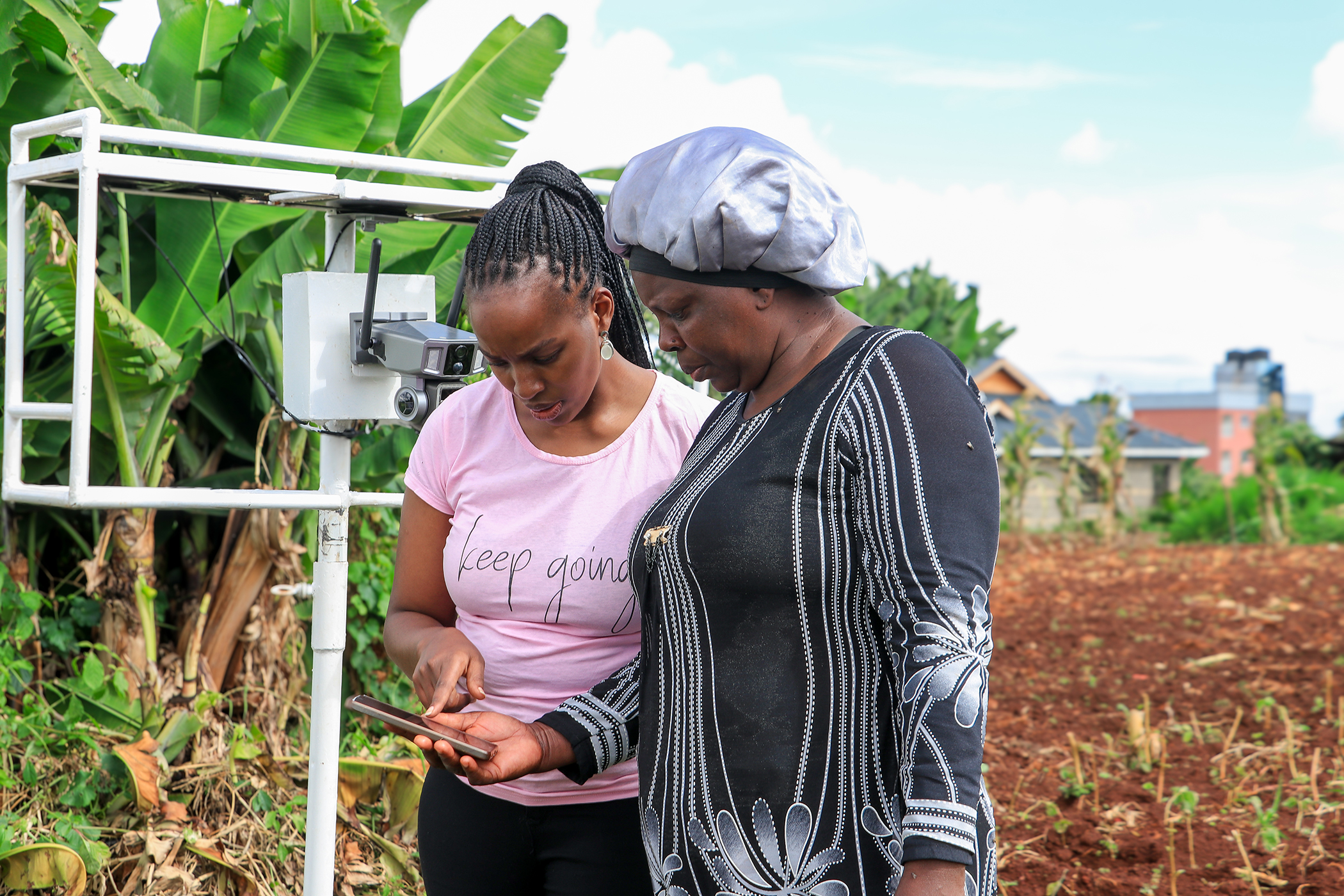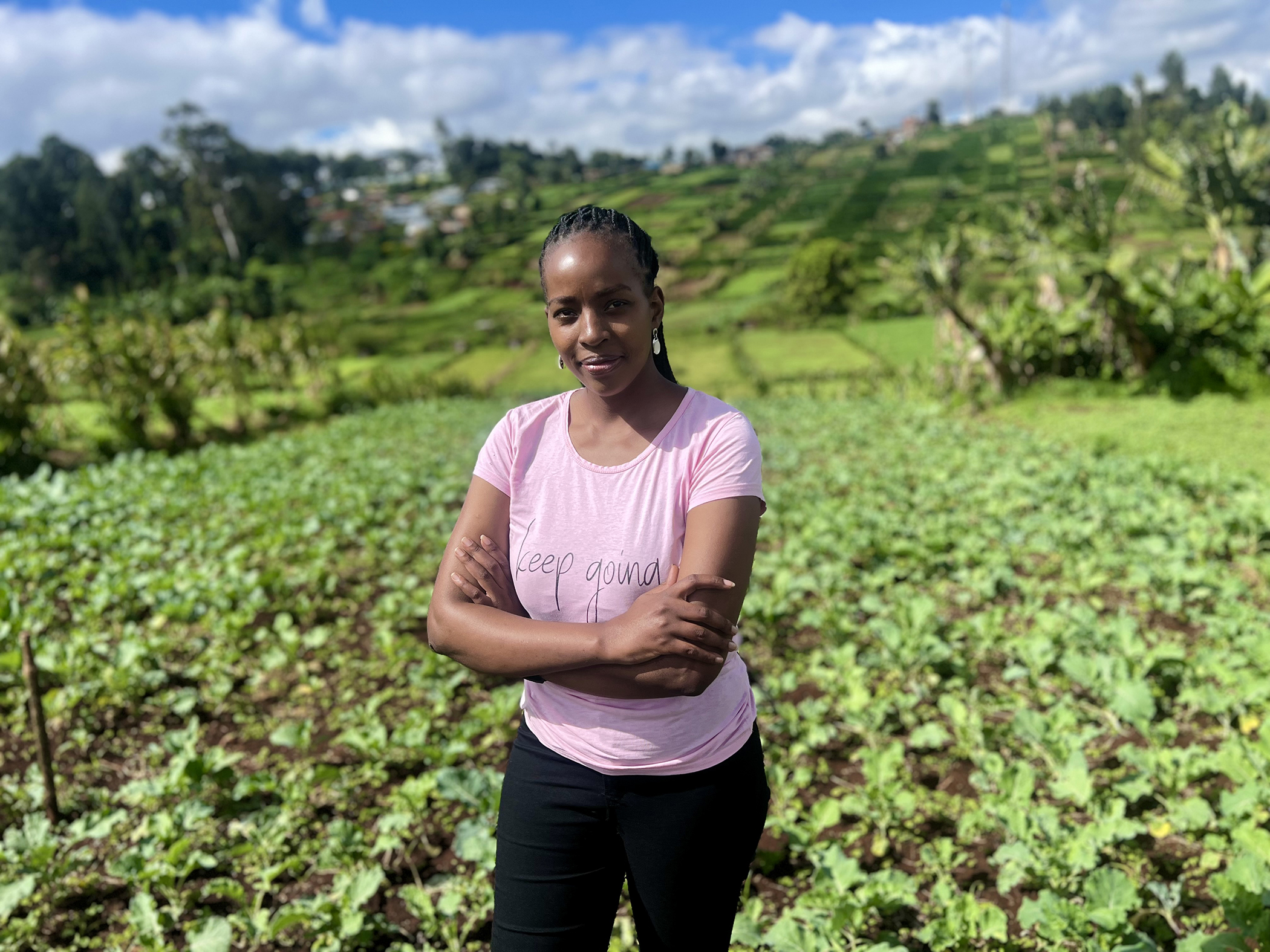At just 29 years old, Esther Kimani is already a trailblazer in agritech, transforming the lives of smallholder farmers across Africa. As the founder of Farmer Lifeline Technologies, she has harnessed artificial intelligence (AI) and machine learning to combat crop pests and diseases, significantly reducing post-harvest losses for rural farmers. Her groundbreaking work recently earned her the prestigious Cisco Youth Leadership Award (CYLA), a testament to her vision, resilience, and commitment to empowering Africa’s agricultural sector.
“At Cisco, putting purpose into practice means we often see the ‘unlock’ that technology can bring to communities,” says Fran Katsoudas, Executive Vice President and Chief People, Policy & Purpose Officer at Cisco. “Esther's agritech solutions are making big strides in eradicating world hunger, with a ripple effect that is positively impacting thousands across Kenya,” Katsoudas explains. “Farmer Lifeline Technologies brings innovation into some of the most foundational parts of our communities, and we at Cisco are proud to help Esther in her vision for a sustainable future.”
From Rural Roots to Tech Pioneer
Kimani’s journey began in a small Kenyan village on the slopes of the Aberdare Mountains, where she grew up as the eldest of four girls in a farming family. Witnessing firsthand the devastating impact of pests and diseases on their crops — and consequently, their income — she understood early on how agricultural losses could mean unmet basic needs like school fees and healthcare.
Despite these challenges, Kimani became the first girl from her village to attend the University of Eldoret in Kenya, studying computer science. It was there that she recognized the potential of technology to solve the very problems she had faced as a child.
“I knew I was leaving home to change home,” she reflects. “I saw how innovation could address the struggles of rural farmers, and that’s how Farmer Lifeline was born.”
A Lifeline for Smallholder Farmers
“In Kenya alone, there are 7.5 million smallholder farmers,” says Kimani. “And across Africa, that number rises to 33 million. Each season, these farmers lose up to 50% of their produce to pests and diseases — losses that could feed millions,” she explains. “Traditional solutions, such as hiring private agronomists (costing around $60 per consultation) or using drones (priced at $100 per hour), are prohibitively expensive for rural farmers.”
Her solution? An AI-powered camera installed on farms at no upfront cost, scanning crops continuously and alerting farmers via Short Message Service (SMS) when pests or diseases are detected. “We’ve simplified AI so that farmers don’t need to understand machine learning,” Kimani explains. “They just read an SMS, something they already use every day.”
For just $3 per month, farmers receive real-time diagnoses, treatment recommendations, and even weather forecasts — bridging the gap between cutting-edge technology and accessibility.
Empowering Women in Agriculture
A key focus for Kimani is supporting women farmers, who make up 43% of the agricultural labor force in developing nations, but who often lack access to technology.
“Men in rural communities tend to have smartphones, while women rely on basic feature phones,” she notes. “By using SMS alerts, we ensure women aren’t left behind.”
Her work has already impacted thousands of farmers, with plans to expand to five African countries (Tanzania, Uganda, Rwanda, Nigeria, and Zambia) by 2026 and reach 1 million farmers by 2030.
Kimani adds that 78% of the farmers who have used her technology have reported yield increases of over 36%. “Additionally, the technology has been successfully piloted across five African countries, showcasing its adaptability and potential for scalable impact across diverse agricultural landscapes,” she says.
Awards, Mentorship, and the Power of Partnerships
Kimani’s innovation has earned her multiple accolades, including the Waislitz Global Citizen Disruptor Award, the UN Food and Agriculture Organization (FAO) Achievement Award, and now, the Cisco Youth Leadership Award.
These awards have provided not just funding but also credibility, helping Farmer Lifeline Technologies attract partnerships with NGOs, farmer cooperatives, and agricultural extension officers.
“Mentorship has been crucial,” she emphasizes. "As a young founder, especially in tech, having advisors who believe in your vision makes all the difference.”
For Kimani, success in 2030 means seeing 1 million smallholder farmers living with dignity — affording education, healthcare, and financial stability through improved yields.
Her advice to young African entrepreneurs? “Dare to dream — and dream big. When I was a girl farming in my village, I never imagined standing on global stages. But with hard work and belief, anything is possible.”
Kimani is not just building a company; she’s reshaping the future of African agriculture — one SMS at a time.



